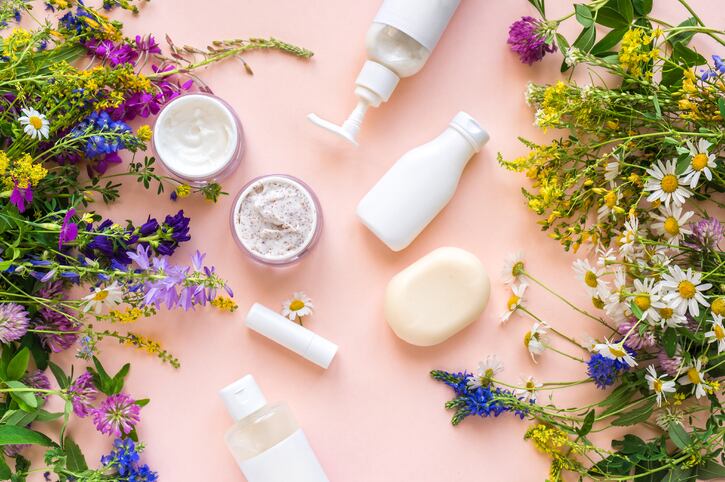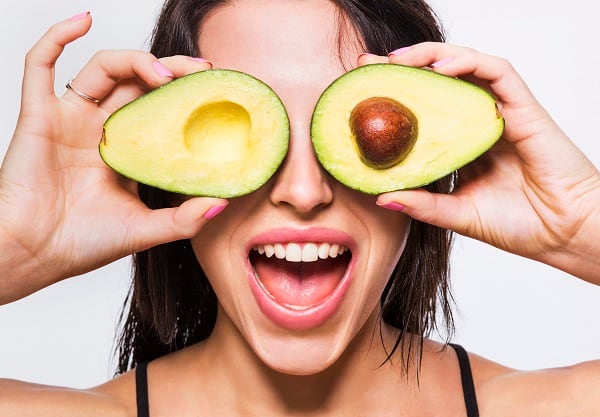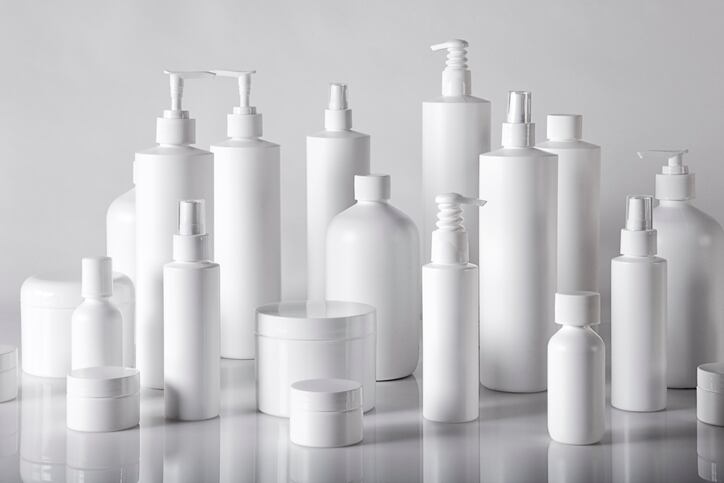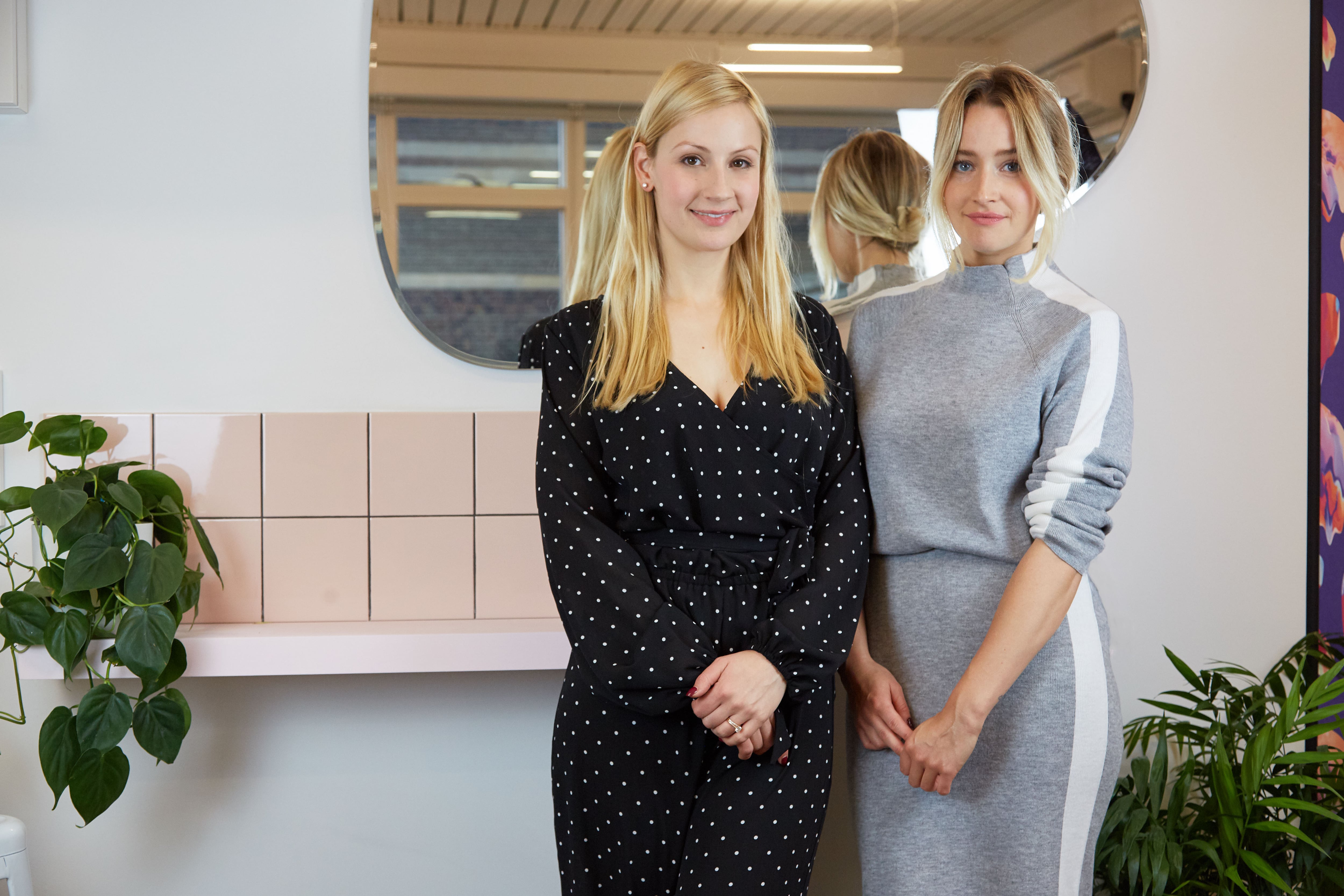There’s no doubt sustainability is front-of-mind for consumers. But how exactly can beauty brands develop truly sustainable products? CosmeticsDesign-Europe caught up with two British Indie brands renowned for their efforts in sustainability – Beauty Kitchen and BYBI – to chew over this important question.
‘Design with the end in mind’
Jo Chidley, co-founder of Beauty Kitchen, said there was a phrase that had stuck in her mind since hearing it some years ago: design with the end in mind.
“When it comes to beauty, that’s not really what we do. We focus on efficacy in terms of ingredients and we’re brilliant formulators and everything else doesn’t matter. Although, as we know, over the last couple of years the dial has moved,” Chidley said.
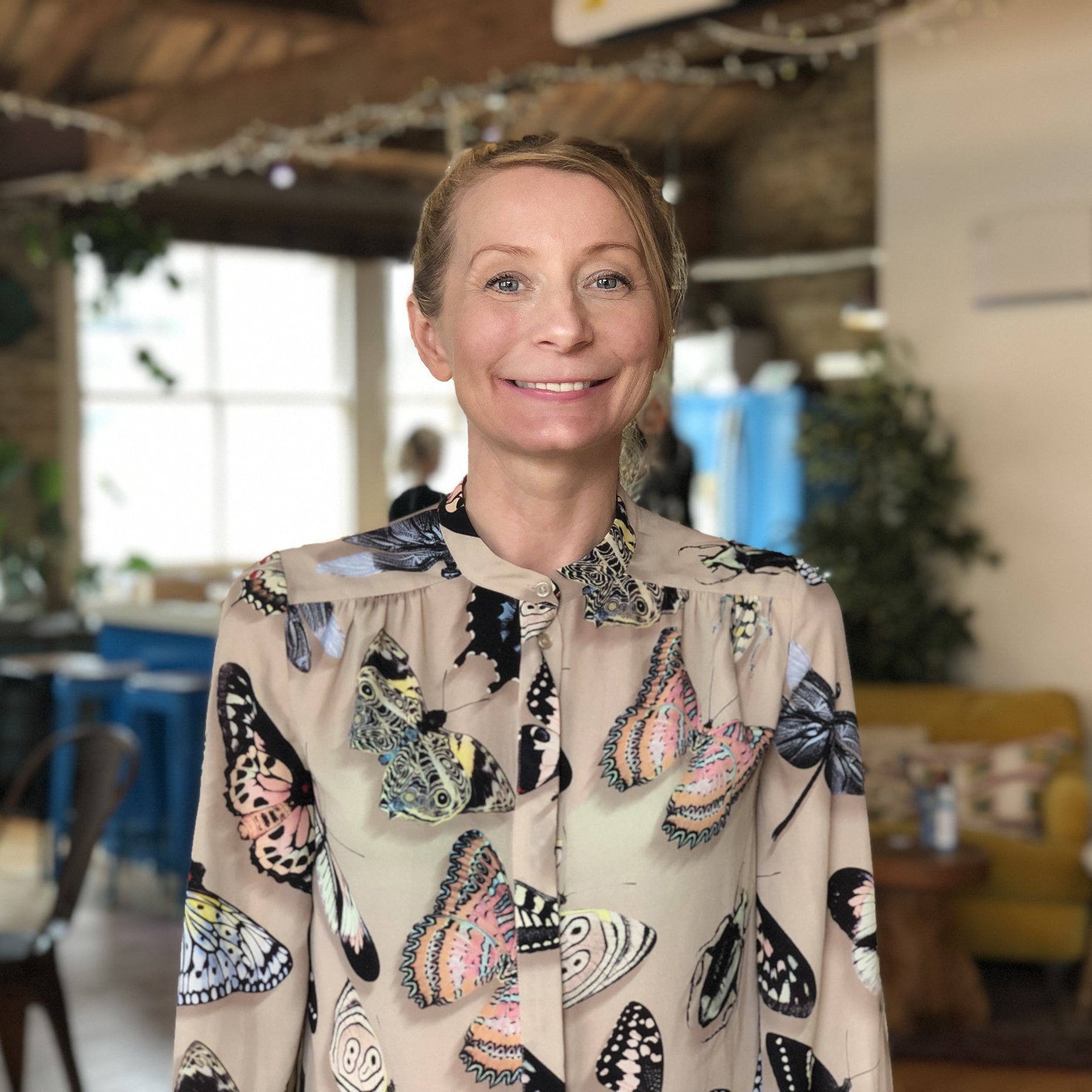
The consumer mindset had shifted, and packaging was one clear example where sustainability was being increasingly sought out, she said. “Within packaging, this isn’t a trend, it’s a lifestyle. People want to make changes in every category, not just beauty.”
For beauty brands, she said there was a need to drive forward an idea that packaging was leased, rather than disposable - either recycled or reused but certainly never dumped in landfill.
“The more that we as businesses let the end consumer know that the packaging is actually worth something, the better.”
Reversed vending – a new incentive?
Importantly, industry had to take on more responsibility around packaging, rather than leaving it with the consumer as per the current model. This, Chidley said, could be done with reversed vending.
“We’ve already proven within food and drink that reversed vending does work. They’ve launched that in the UK in Morrisons, Sainsbury’s and Iceland - where your return your plastic bottles to a vending machine and get money back.”
The beauty industry could take a twist on that, she said, taking packaging back and therefore the responsibility of disposing or reusing accordingly.
“That would then force them to act,” she said. “If a company gets landed with 60 million truckloads of packaging dumped at their front door, it might change their minds.”
There was also scope to change the mindset and model of how retailers operated in the beauty and personal care category, she said. “If we take any retailer, they have big trucks that go to the stores, they decant, and then are empty on the way back. The more we can get retailers to fill those return trucks, the more we can reduce supply chain logistics and carbon footprint. It’s not perfect, but it’s nudging in the right direction.”
Farm to face auditing and assessment
Beyond packaging, Elsie Rutterford, co-founder of BYBI, said environmental assessment throughout the manufacturing process was also hugely important in the push towards sustainably beauty.
“We have an internal auditing system, which is essentially our way of assessing each ingredient of what goes into a BYBI product. It grades each material on factors such as renewability; biodegradability; the suppliers and whether they have ethical processes in place. With that, each has a ‘weighted green score’,” Rutterford said. The model also considered aspects like how many times a raw material was harvested per year; how easy it was to harvest; the energy consumption of that process; and who was harvesting it.
BYBI, she said, was currently retrospectively reformulating any product that didn’t meet what the company considered a high green score and was open sourcing this assessment model.
Assessing the manufacturing process from start to finish wasn’t always straightforward in beauty, she said, given carbon and environmental footprints were hard to measure. This was then compounded by the fact so much beauty production was out-sourced and managed by third-parties that didn’t always share information, she said.
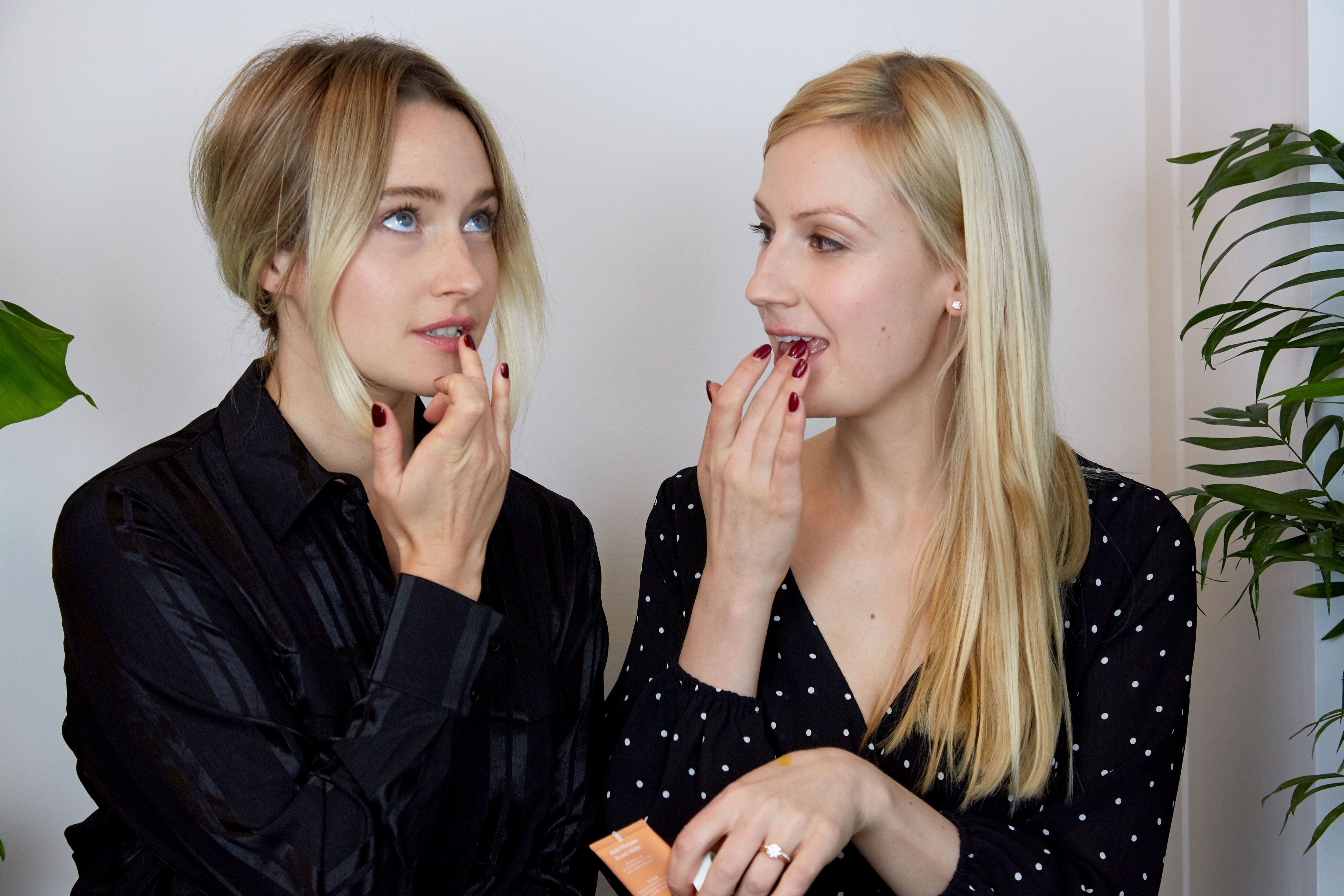
“The way beauty operates is very cloak and dagger – it’s absolutely redundant in 2019 and we absolutely deserve to have 100% transparency,” Rutterford said.
A blockchain future?
Rutterford said BYBI was looking into blockchain technologies to log and communicate transparency in its beauty supply chain. But, she said for this model to work across industry, it would have to remain independent and third-party so brands couldn’t hide anything from consumers.
Industry-wide standards could also be a way forward, Rutterford said – something close to the traffic light system in food to communicate sustainability measurements.
“What we can see from consumers is there is a huge appetite for environmentally responsible beauty products. If you do it and get it right and do it in a way that’s authentic, there’s a massive opportunity there.”
Both Rutterford and Chidley will be presenting at the upcoming Packaging Innovations 2019 event in London next week at the show's dedicated Beauty Forum.

